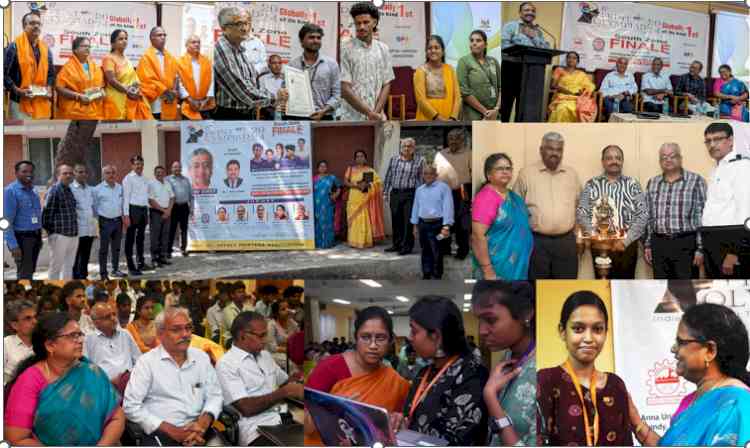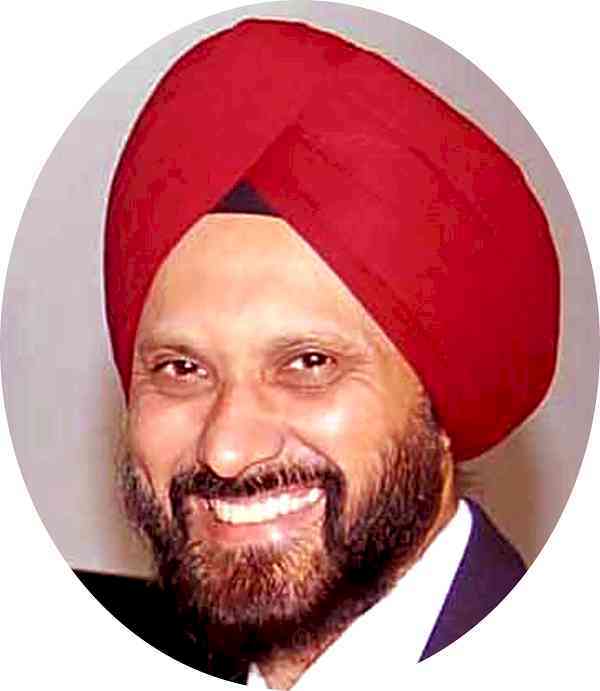Prayer can bring unity amid diversity
Washington, June 25 (IANS) Does praying together foster a sense of unity among people from diverse religious and cultural backgrounds? Yes, asserts a new study. As our societies grow more diverse than ever, organisations from Fortune 500 companies...

Washington, June 25 (IANS) Does praying together foster a sense of unity among people from diverse religious and cultural backgrounds? Yes, asserts a new study.
As our societies grow more diverse than ever, organisations from Fortune 500 companies list to political parties, both are scrambling to keep pace.
But in doing so, they face the challenge of uniting people from very different backgrounds in a single purpose.
The study, led by University of Connecticut sociologist Ruth Braunstein, finds that interfaith group prayers serve as a "bridging cultural practice" in multi-faith community organisations.
"The prayer practices we observed appear to play a crucial role in binding participants together across significant racial and socio-economic differences," Braunstein said.
"They do this by being inclusive of multiple faith traditions, celebrating the diversity of the group and encouraging individuals to interact with each other," Braunstein noted.
These groups organise primarily through religious congregations in an effort to build civic coalitions that address a variety of issues, from healthcare access to crime.
Such groups tend to be both racially and socio-economically diverse.
Obviously, group prayer is not going to work for every organisation.
However, the kinds of "bridging" practices identified by Braunstein and her fellow researchers don't have to be faith-based to be valuable.
The researchers suggest that sharing meals, playing sports or reading literature together could be similarly valuable to different types of organisations seeking to realise the benefits of member diversity.
"Organisations tend to be more effective when they engage, rather than avoid, the varied backgrounds represented among their members," said co-author Brad R. Fulton from Duke University in the US.
The study was published online in the journal American Sociological Review.

 cityairnews
cityairnews 
















